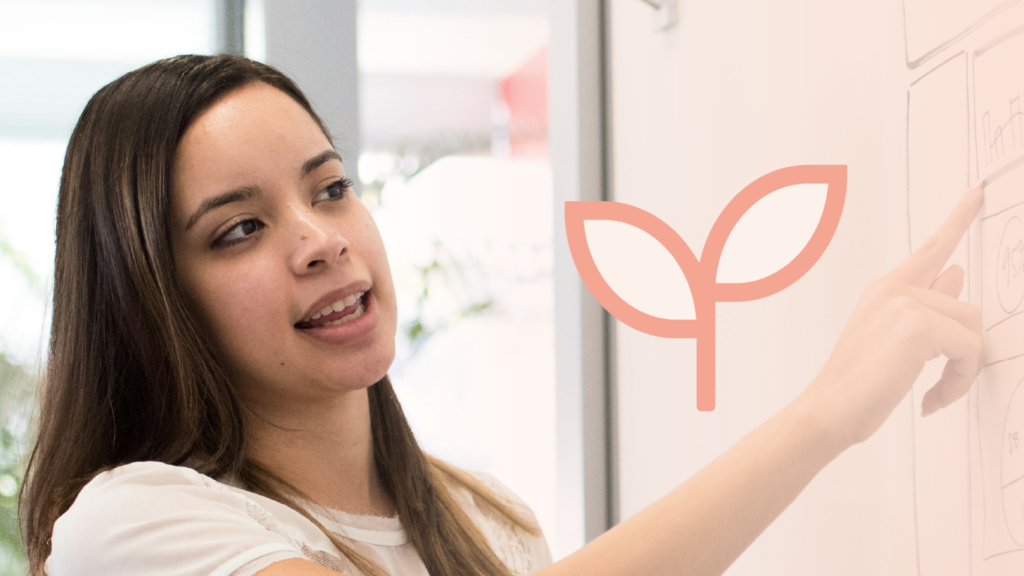Resources
I think I might be in an abusive relationship
If you suspect you might be in an abusive relationship, contact an advocate to discuss your options and plan for your safety. Make a plan before you leave, if at all possible. Leaving an abusive relationship is a very dangerous time, with a higher-than-average risk of escalated violence.
- If you are afraid for your immediate safety, CALL 911
- If you are in Massachusetts and need shelter, call SAFELINK, the Massachusetts statewide 24/7 toll-free domestic violence hotline, at 1-877-785-2020 or (TTY) 877-521-2601
- You can also search www.domesticshelters.org to find domestic violence programs in your area, or call the National Domestic Violence Hotline at 1-800-799-7233 (SAFE)
- Love is Respect offer confidential support for teens, young adults, and their loved ones seeking help, resources, or information related to healthy relationships and dating abuse in the US. They are available by text (“LOVEIS” to 22522), call 1-866-331-9474 or 800-787-3224 (TTY), or live chat online www.loveisrespect.org.

I think I know someone in an abusive relationship
Because isolation is both a tactic and consequence of abuse, it’s important that they know you are there for them, that you believe them, and that they are not alone. An advocate at The Second Step can help you find ways to support them without making their situation even more difficult.
It can be very scary when we suspect or know that someone we love or care about is in an abusive relationship. It is natural to want to rush in to help and support them the best we can. We may have challenging emotions ourselves including anger, fear, helplessness, sadness, and fatigue. Although we might want to, we cannot single-handedly extract our loved ones from abusive relationships. Here is what you can do to support them:
- Validate their experience: Survivors of violence often feel isolated in their experience, and fear that people will not believe them if they reach out. Always believe and validate their experience without passing judgement, no matter where they may be in their process.
- Respect their timeline: Leaving an abusive relationship is an extremely complicated and potentially dangerous activity. A survivor knows best their situation, and can work with a skilled advocate to craft a safety plan that matches their unique situation. The actions that survivors take (including staying) can often seem counter-intuitive to their loved ones. The best way to support your loved one is to offer them support and resources, so that they have them when they are ready to leave.
- Take care of yourself: Supporting a loved one can be challenging and emotionally draining. In order to best be there for your loved one, be mindful to take care of yourself. Remember: you are best able to support your loved one with a kind, compassionate, and clear head when you exhibit good boundaries.
If you need help supporting your loved one, an advocate can provide you with emotional support and guide you to helpful resources such as Family and Friends’ Guide to Domestic Violence: How to Listen, Talk and Take Action When Someone You Care About is Being Abused.
If you’d like to speak with an advocate now, please contact The Second Step at 617-965-3999.
Helpful Links
Below are links to flyers and forms that are available for outside support.
If there are other needed resources please contact an advocate at 617-965-2538.
CAN-DO has opened a VITA site to help Newton residents and surrounding communities by offering free tax returns. Please see flyers below for more information.
Safety Net develops and maintains educational resources, apps, and toolkits for survivors and professionals working with survivors focusing on understanding tech abuse and the strategic use of technology to increase and maintain safety and privacy.
Developed by Nikia Bodden, Director of Transitional Living programs in coordination with Piltch Associates, MassHousing, and Casa Myrna, this guide is designed for advocates working with survivors of domestic violence and sexual assault who are seeking assistance with locating and obtaining permanent affordable housing in Massachusetts. The intent of this guide is not to make you an expert on all the federal and state housing programs. Rather, it is to provide basic information on key affordable housing programs and on the application process for obtaining affordable housing.
Our Services
Our tailored services guide survivors on their unique path to safety, stability, healing, and hope.
Together, we empower survivors to build a brighter, more secure future.
Speak with an advocate today.
Call us at 617-965-2538


